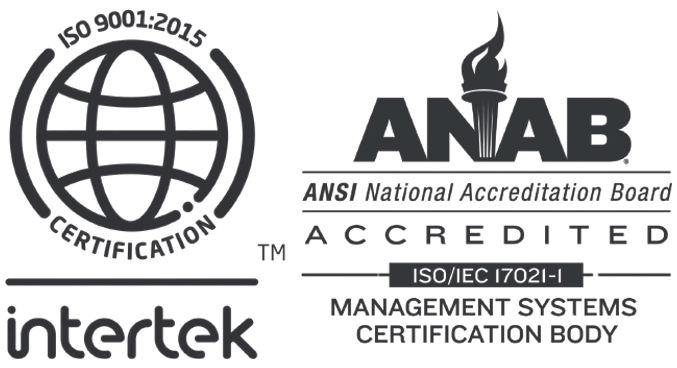
Navigating Digitalization in Computerized System Validation (CSV) for Pharmaceutical Industry – Part 2
By: Roseline Tio and Izwan Firdaus (SEA CSV SME)
Read Part 1 here
Manufacturing Process Improvement
Artificial intelligence (AI) offers a wide range of possibilities for enhancing procedures in design and manufacturing. Artificial intelligence has many uses, including quality control, reducing design time and materials waste, increasing production reuse, and predictive maintenance. Many applications of AI have been found to increase output while decreasing waste. CNC (computer numerical control) or MES can automate processes that would otherwise require human involvement, such as those requiring input or management of process data. The AI machine learning algorithms not only guarantee the highest level of accuracy in their execution but also examine the process to identify bottlenecks and recommend solutions. As a result, fewer raw materials are wasted, production times are shortened, and Critical Quality Attributes (CQAs) are more reliably met.
Another case in point is modern Laboratory Information Management Systems (LIMS), which serve as a centralized database for all laboratory data and provides a direct mechanism for Artificial Intelligence and Machine Learning to sift through high-quality data in order to inform managerial decisions.
Product and Patient Care
AI can be a valuable asset for pharmaceutical companies’ product and patient care efforts. Pharmaceutical firms can use AI to test and develop novel advertising techniques that will bring in lots of money and raise the profile of their brands in the market. For example, Novartis, again partnered with Qualcomm Life, Inc., is developing the Breezhaler™ inhaler device to treat chronic obstructive pulmonary disease (COPD). The device will allow patients and healthcare providers to access user data in real-time. This type of digitization eventually aims to improve adherence, reduce costs, and improve patients’ quality of life. For Novartis, this is a shift in their business model from providing conventional products and drugs to addressing opportunities that contribute to the entire care pathway. Transitively, this impacts the operating model as Novartis must incorporate digital technology into the product development pathway and build the necessary skills and partnerships to address the market need.
Remote Monitoring
The use of remote monitoring is a significant advancement in the medical and pharmaceutical industries. Wearables driven by AI algorithms have already been developed by many pharmaceutical firms and are now being used to monitor patients with potentially fatal illnesses remotely.
For instance, Medopad and Tencent Holdings have worked together to create AI technology that can remotely monitor patients with Parkinson’s disease, allowing for a motor function assessment to be conducted in as little as three minutes instead of the usual thirty. Artificial intelligence (AI) combined with smartphone apps enables remote monitoring of a patient’s hand opening and shutting.
The smartphone’s camera can detect hand movement and use it to gauge the severity of Parkinson’s symptoms. Doctors will be able to remotely adjust the patient’s medication and dosage based on the severity score generated by the movement’s frequency and amplitude.
The AI will notify the doctor and schedule a checkup if the patient’s condition worsens to the point where a treatment update is necessary. These kinds of remote arrangements spare patients the time and effort of making multiple trips to the doctor’s office.
To be continued in Part 3…
For more information, visit www.pharmeng.com or email info@pharmeng.com for any inquiries.





